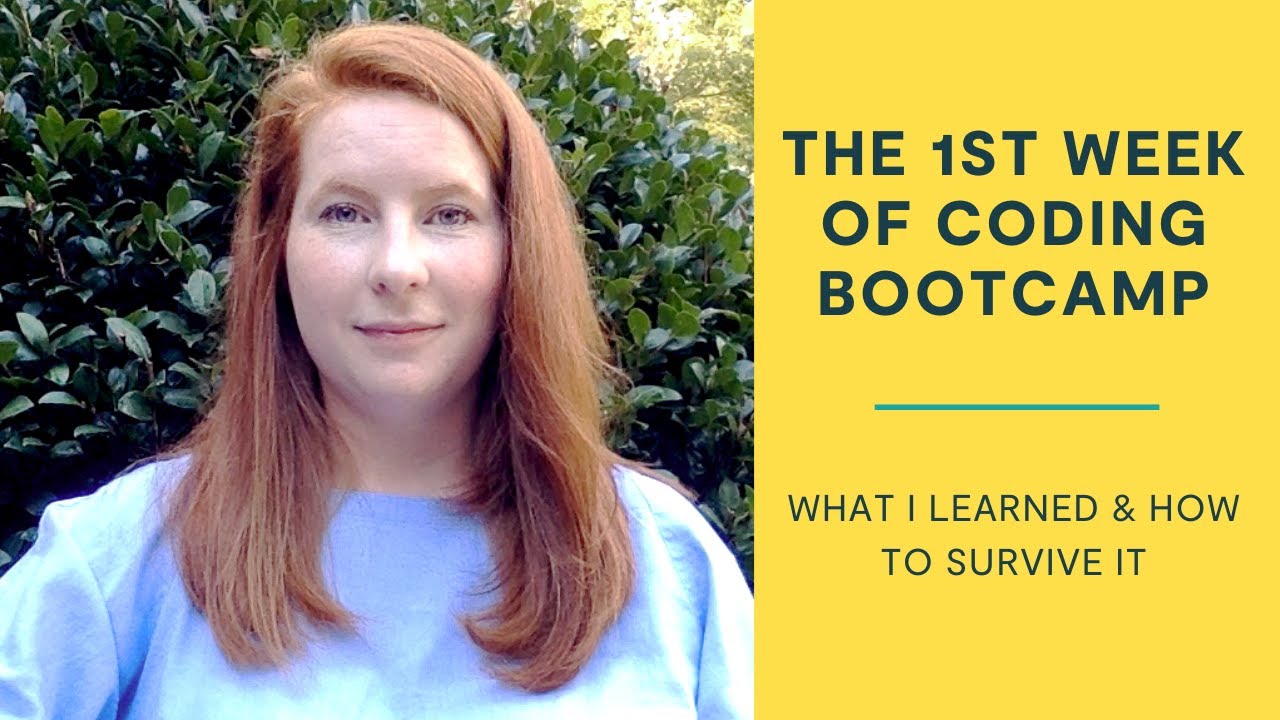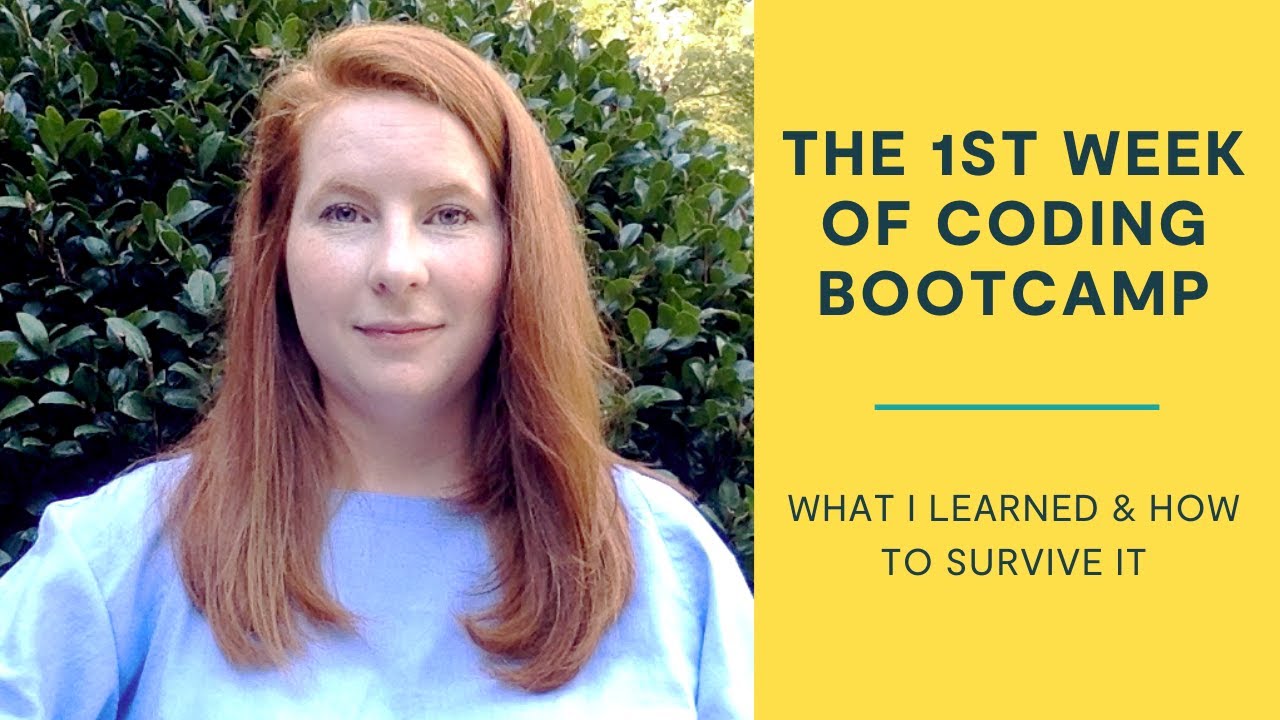Maintaining Physical and Mental Wellbeing: How To Survive Coding Bootcamp

Coding bootcamps are intense. The pressure to learn vast amounts of information in a short period can take a significant toll on your physical and mental health. Prioritizing your wellbeing is not a luxury; it’s a necessity for successfully completing the program and setting yourself up for a successful career afterward. Neglecting your health will only hinder your learning and increase your stress levels.
How to survive coding bootcamp – Maintaining a healthy lifestyle during a bootcamp requires proactive effort and a commitment to self-care. This involves a holistic approach encompassing physical health, mental wellness, and mindful practices to help you navigate the challenges and thrive throughout the program.
Healthy Habits for Bootcamp Success
Establishing healthy habits is crucial for maintaining energy levels and focus during the intensive learning period. Consistent routines contribute to improved physical and mental resilience, reducing the likelihood of burnout.
- Exercise: Aim for at least 30 minutes of moderate-intensity exercise most days of the week. This could be a brisk walk, a run, a workout video, or any activity you enjoy. Physical activity helps reduce stress, improves sleep, and boosts cognitive function – all vital for coding bootcamp success.
- Nutrition: Fuel your body with nutrient-rich foods. Focus on whole grains, fruits, vegetables, lean protein, and healthy fats. Avoid excessive sugar, processed foods, and caffeine, which can lead to energy crashes and impair concentration. Regular, balanced meals are essential for sustained energy throughout the day.
- Sleep: Prioritize 7-9 hours of quality sleep each night. Adequate sleep is critical for memory consolidation, learning, and overall well-being. Establish a consistent sleep schedule, create a relaxing bedtime routine, and ensure your sleep environment is dark, quiet, and cool.
Stress Management and Burnout Prevention
Stress is inevitable during a coding bootcamp, but effective management techniques are key to preventing burnout. Implementing these strategies can help you navigate the challenges and maintain a positive mindset.
- Time Management: Effective time management is crucial. Break down large tasks into smaller, manageable chunks. Prioritize tasks and use tools like to-do lists or project management software to stay organized.
- Mindfulness and Meditation: Regular mindfulness practices, such as meditation or deep breathing exercises, can help reduce stress and improve focus. Even short, 5-10 minute sessions can make a significant difference.
- Seek Support: Don’t hesitate to reach out for support from instructors, classmates, mentors, or family and friends. Sharing your challenges can alleviate stress and provide valuable perspective.
- Breaks and Downtime: Schedule regular breaks throughout your study sessions. Step away from your computer, stretch, walk around, or engage in a relaxing activity to prevent mental fatigue.
Self-Care and Mindfulness
Self-care is not selfish; it’s essential for maintaining your physical and mental health during an intensive program. Incorporating mindfulness practices helps you stay grounded and focused, even under pressure.
- Hobbies and Interests: Make time for activities you enjoy outside of coding. This could be reading, listening to music, spending time in nature, or pursuing any hobby that helps you relax and recharge.
- Social Connections: Maintain social connections with friends and family. Spending time with loved ones can provide emotional support and reduce feelings of isolation.
- Mindful Breaks: Use breaks to practice mindfulness. Engage in activities that help you disconnect from the intense focus of coding, such as stretching, listening to calming music, or spending a few minutes in quiet reflection.
Sample Schedule for Physical Activity and Relaxation, How to survive coding bootcamp
Integrating physical activity and relaxation into a busy bootcamp schedule requires planning and commitment. Here’s a sample plan:
| Time | Activity |
|---|---|
| 7:00 AM | Morning Yoga/Stretching (15 minutes) |
| 8:00 AM – 12:00 PM | Coding and Study |
| 12:00 PM – 1:00 PM | Lunch Break and Walk (30 minutes) |
| 1:00 PM – 5:00 PM | Coding and Study |
| 5:00 PM – 6:00 PM | Exercise (30 minutes – run, gym, etc.) |
| 6:00 PM – 7:00 PM | Dinner and Relaxation |
| 7:00 PM – 9:00 PM | Coding or Personal Projects (Optional) |
| 9:00 PM | Wind-down routine, prepare for sleep |
This is just a sample; adjust it to fit your individual needs and preferences. The key is to consistently incorporate both physical activity and relaxation into your daily routine.


Tim Redaksi